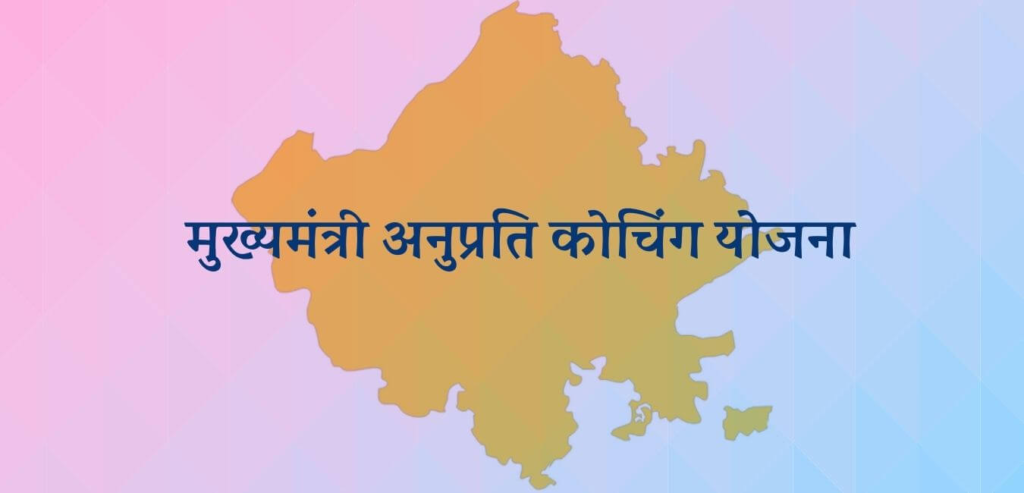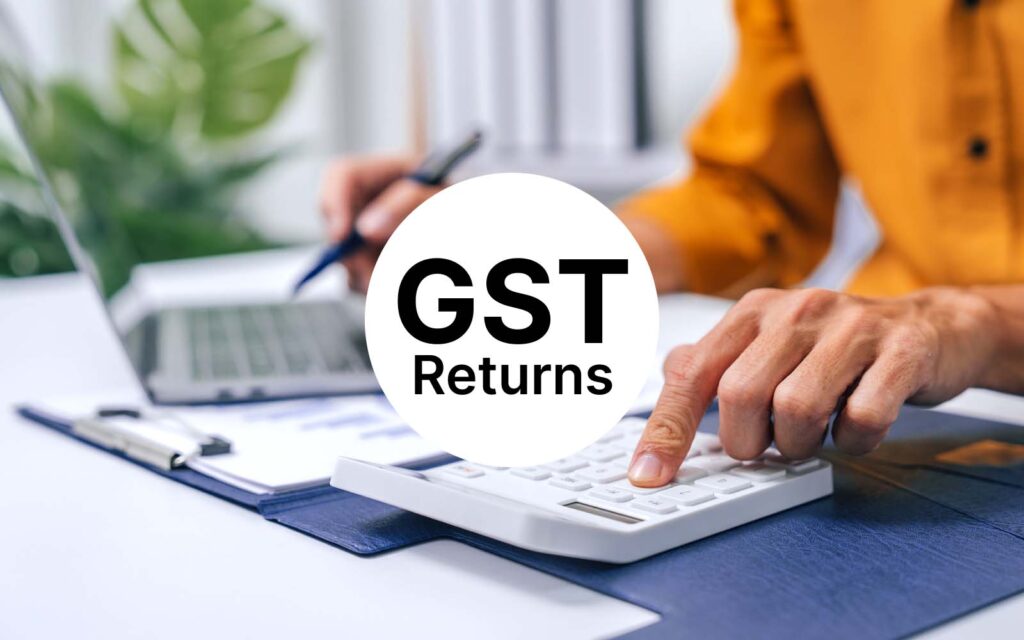Section 51 – Arbitration And Conciliation Act, 1996
Saving Nothing in this Chapter shall prejudice any rights which any person would have had of enforcing in India of any award or of availing himself in India of any award if this Chapter had not been enacted.
Section 50 – Arbitration And Conciliation Act, 1996
Appealable orders (1) [Notwithstanding anything contained in any other law for the time being in force, an appeal] shall lie from the order refusing to— (a) refer the parties to arbitration under section 45; (b) enforce a foreign award under section 48, to the Court authorised by law to hear appeals from such order. (2) […]
Section 49 – Arbitration And Conciliation Act, 1996
Enforcement of foreign awards Where the Court is satisfied that the foreign award is enforceable under this Chapter, the award shall be deemed to be a decree of that Court.
Section 48 – Arbitration And Conciliation Act, 1996
Condition for enforcement of foreign awards (1) Enforcement of a foreign award may be refused, at the request of the party against whom it is invoked, only if that party furnishes to the Court proof that— (a) the parties to the agreement referred to in section 44 were, under the law applicable to them, […]
Section 47 – Arbitration And Conciliation Act, 1996
Evidence (1) The party applying for the enforcement of a foreign award shall, at the time of the application, produce before the Court— (a) the original award or a copy thereof, duly authenticated in the manner required by the law of the country in which it was made; (b) the original agreement for […]
Section 46 – Arbitration And Conciliation Act, 1996
When foreign award binding Any foreign award which would be enforceable under this Chapter shall be treated as binding for all purposes on the persons as between whom it was made, and may accordingly be relied on by any of those persons by way of defence, set off or otherwise in any legal proceedings in […]
Rajasthan Anuprati Scheme

Rajasthan Anuprati Yojana has been started by the state government in the year 2005. Under this scheme, the talented candidates of Scheduled Caste / Scheduled Tribe / Special Backward Class / Other Backward Class and General Category BPL families of the state will be provided financial assistance by the Rajasthan Government for preparing for selection in […]
Section 45 – Arbitration And Conciliation Act, 1996
Power of judicial authority to refer parties to arbitration Notwithstanding anything contained in Part I or in the Code of Civil Procedure, 1908 (5 of 1908), a judicial authority, when seized of an action in a matter in respect of which the parties have made an agreement referred to in section 44, shall, at the […]
GST Return – Types of GST Returns

Implementation of a comprehensive Income Tax system like GST in India will ensure that taxpayer services such as registration, returns, and compliance are transparent and straightforward. Individual taxpayers will be using 4 forms for filing their GST returns such as the return for supplies, return for purchases, monthly returns, and annual return. Small taxpayers who have opted […]
Section 44 – Arbitration And Conciliation Act, 1996
Definition In this Chapter, unless the context otherwise requires, “foreign award” means an arbitral award on differences between persons arising out of legal relationships, whether contractual or not, considered as commercial under the law in force in India, made on or after the 11th day of October, 1960— (a) in pursuance of an agreement […]